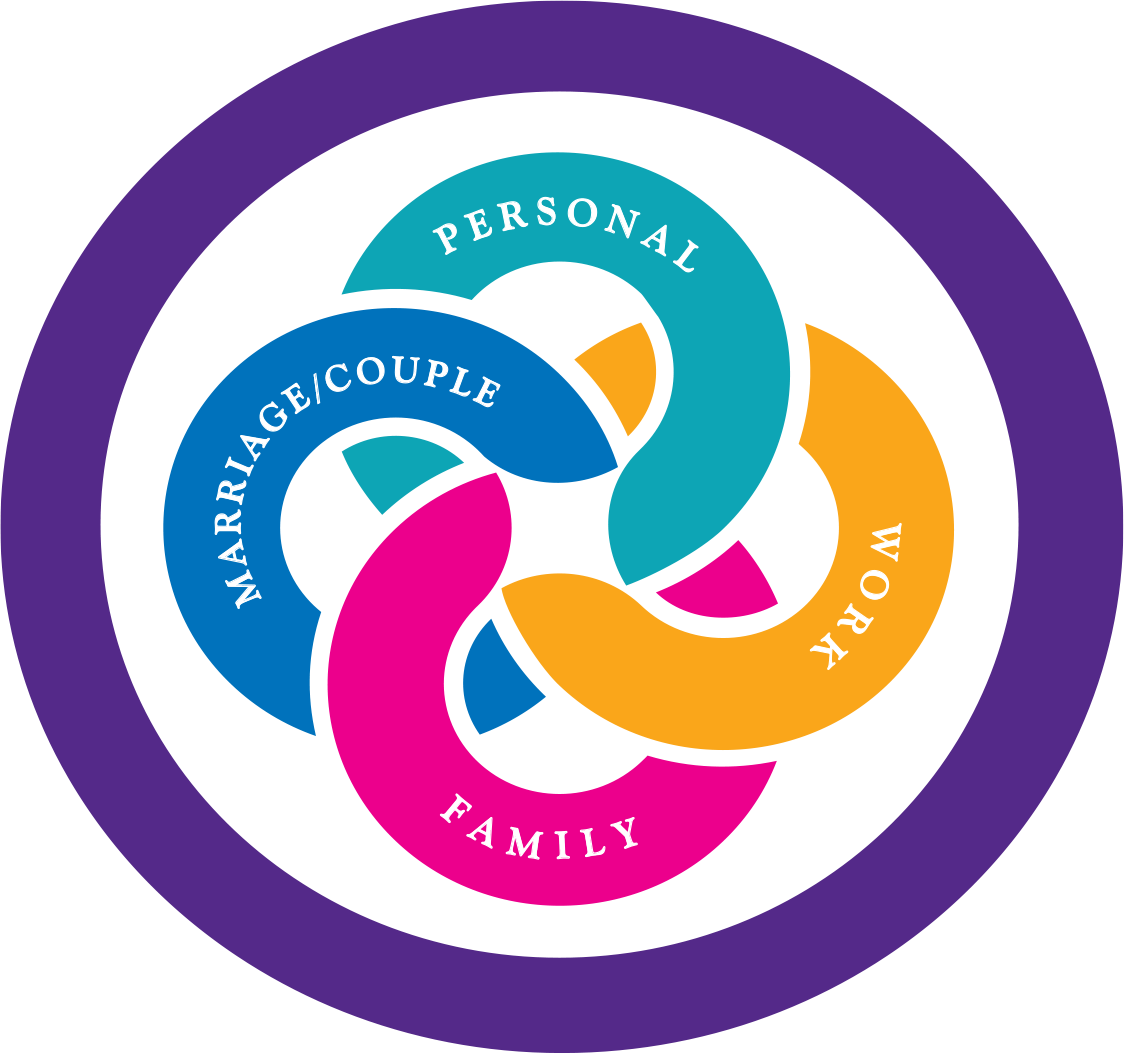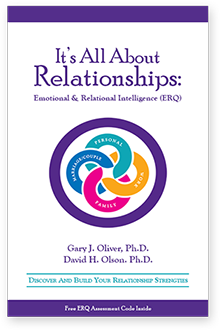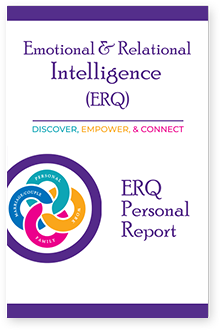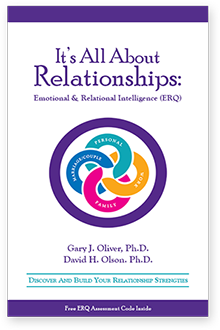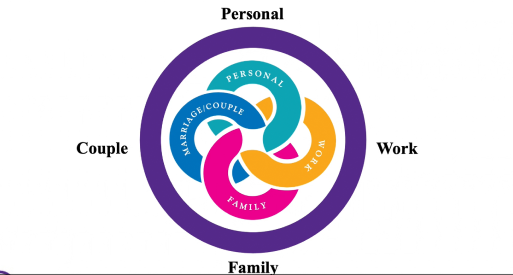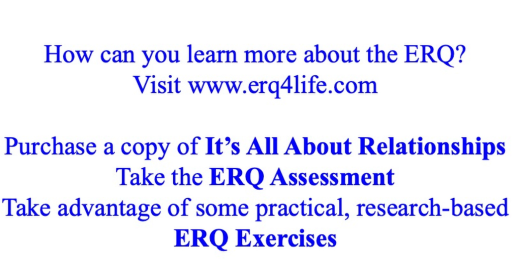Healthy relationships are a key to physical and psychological health. This is the conclusion of Robert Waldinger, MD, Director of the Harvard Study of Adult Development.
What makes us happy? Dr. Waldinger directed a major longitudinal study of health and happiness and reviewed many other studies. He found that it was not achievement, money, exercise, and healthy diet that made people healthy and happy. It was the quality and quantity of healthy relationships.
He found that “Positive relationships keep us happier, healthier and help us live longer.” “Close relationships, more than money or fame are what keeps people happy throughout their lives.” Close relationships protect people from discontent, help to delay mental and physical decline and are better predictors of long and happy lives more than social class, IQ, or even genes. These findings proved true across the board for the major study of Harvard men and inter-city participants.
On Ted Talk, Dr. Waldinger described findings from his major longitudinal study described in his book What Makes a Good Life. Marital satisfaction had a protective effect on people’s mental health. People in happy marriages reported their moods did not suffer even when they had physical pain. Those in unhappy marriages felt both emotional and physical pain.
People who kept warm relationships lived longer and were happier, while those with few friends and were loners tended to die earlier. Dr. Waldinger concluded: “Loneliness kills.” It is as powerful a killer as smoking or alcoholism. Researchers found those with strong social support experienced less mental deterioration as they aged.
Another expert on aging is George Viallant who wrote a book entitled Aging Well. He discovered that good relationships don’t just protect our bodies, they also protect our brains. When his study began, nobody seemed to care about the importance of empathy or attachment. He concluded that: “The key to healthy aging is relationships, relationships, relationships.”


